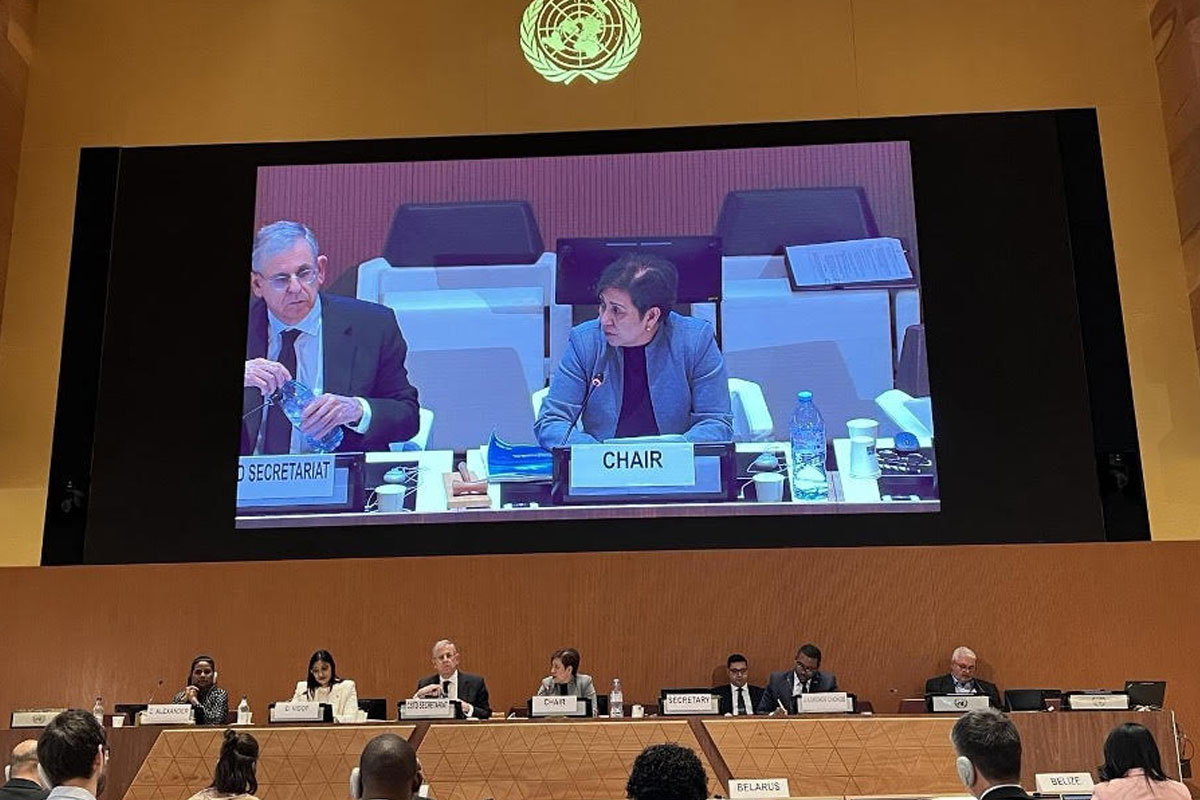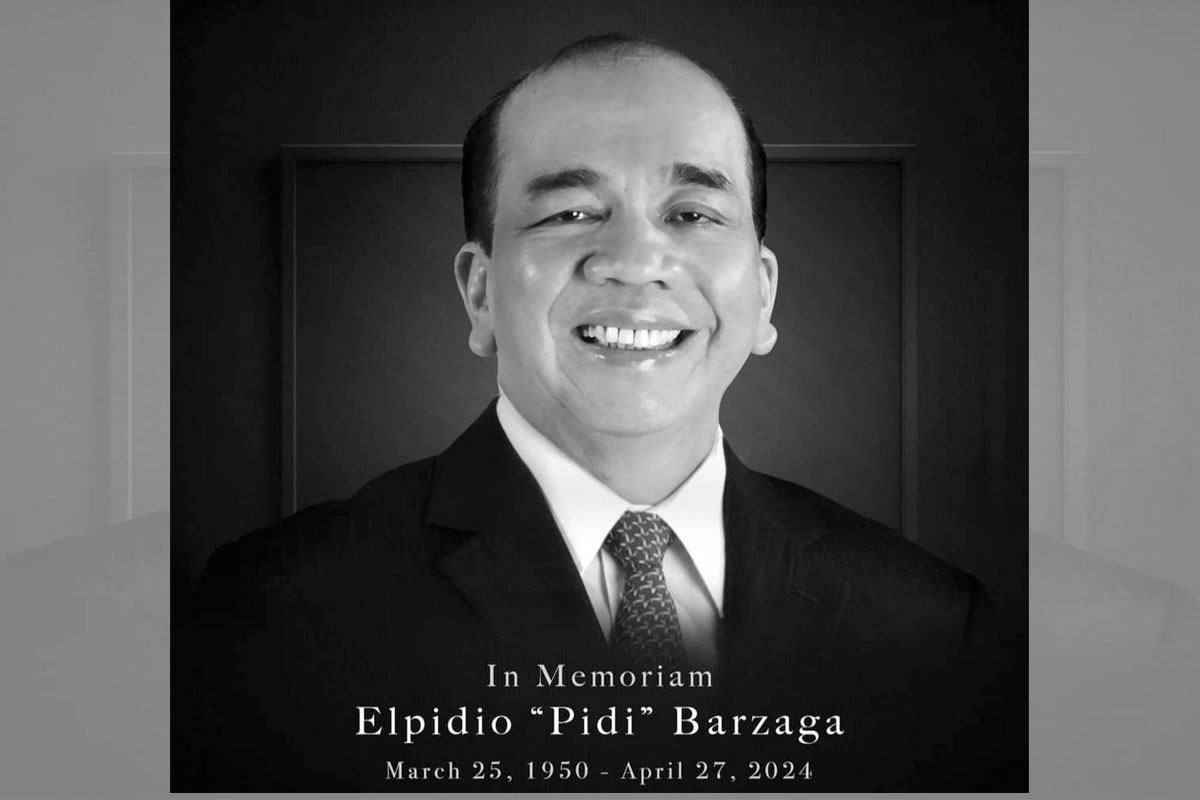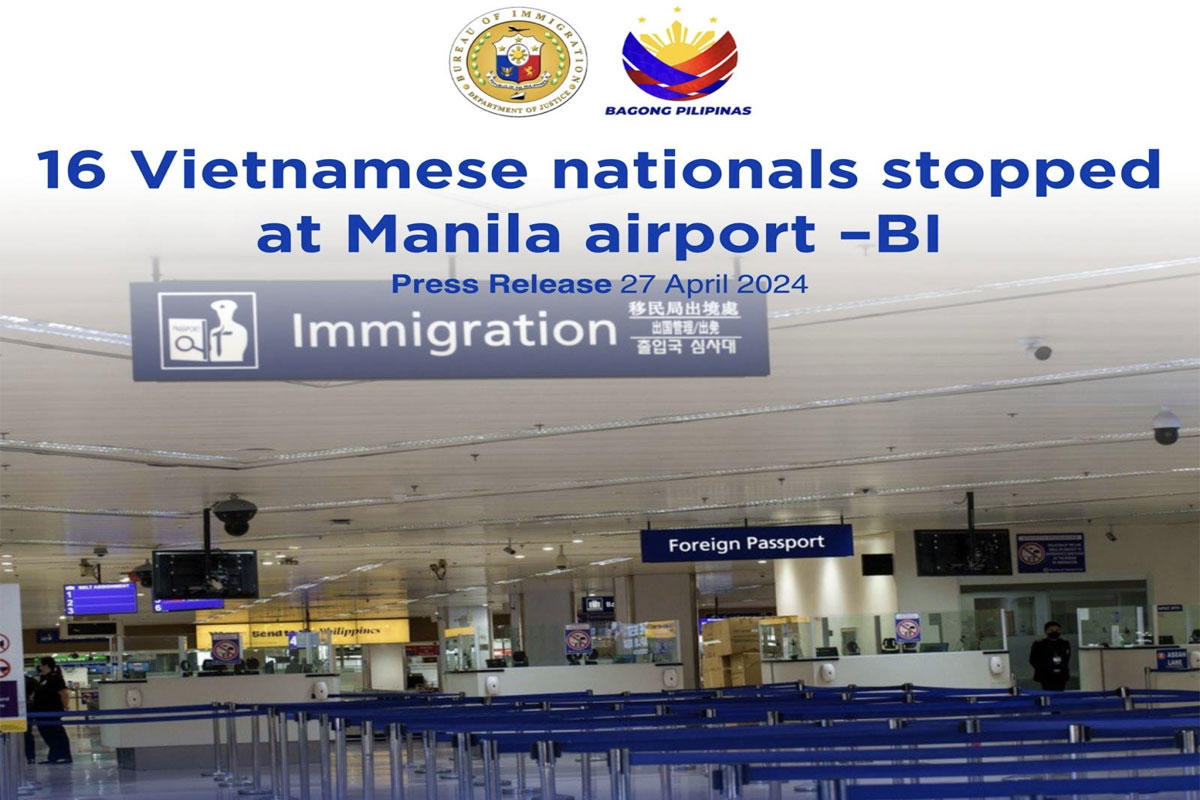
Warning to licensed professionals: Stay away from illegal activities
THE government has cautioned licensed professionals to “shy away” from illegal activities, warning that those who fail to comply with the law will face severe consequences.
On Tuesday, the Bureau of Internal Revenue (BIR) Commissioner Romeo Lumagui Jr. led the filing of an administrative complaint against an accountant involved in the “Ghost Receipts” scheme, seeking the revocation of their professional license as a Certified Public Accountant (CPA) with the Professional Regulation Commission (PRC).
The BIR declined to reveal the accountant’s identity due to the presumption of innocence under the 1986 Constitution.
Lumagui emphasized the BIR’s commitment to “aggressive and fearless” enforcement activities, including the pursuit of accountants who have “blatantly” violated tax laws by knowingly examining, certifying, and signing fraudulent financial documents.
Businesses and taxpayers who use ghost receipts in their returns will not only be audited by the BIR but also face arrest and imprisonment of six to ten years, Lumagui said.
On March 16, 2023, Lumagui filed criminal complaints against four corporations before the Department of Justice (DOJ), violating the National Internal Revenue Code of 1997, as amended (Tax Code), resulting in an estimated loss of P25.5 billion in taxes.
The corporations were found to be “ghost” entities with no legitimate business activity and were established primarily to sell fictitious sales invoices and/or ghost receipts to buyers to claim false and anomalous purchases and reduce their tax obligations. The charges stemmed from a December 2022 raid in Quezon City led by Lumagui.
According to Lumagui, the accountant is considered a “co-conspirator” in the fraudulent schemes committed by the alleged “ghost corporations” because he allegedly examined and audited their books of accounts, certified audited financial statements containing essential misstatements of facts, and violated Section 257 of the Tax Code regarding the transaction, taxable income, and deduction of clients.
Lumagui added that the accountant’s unprofessional and unethical conduct, malpractice, and violation of the CPA’s Code of Ethics led to the filing of the case.
The Certified Public Accountant’s Code of Ethics mandates that CPAs comply with the fundamental principle of Integrity and avoid knowingly associating with reports, returns, communications, or other information containing materially false or misleading statements or omissions.
Moreover, the Philippine Accountancy Act of 2004 provides that a CPA’s license may be revoked on the grounds of unprofessional conduct, unethical conduct, or malpractice. In addition to the administrative complaint, the suspect accountant faces criminal charges before the DOJ.


















